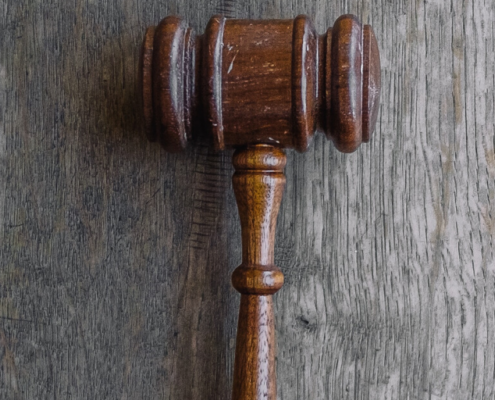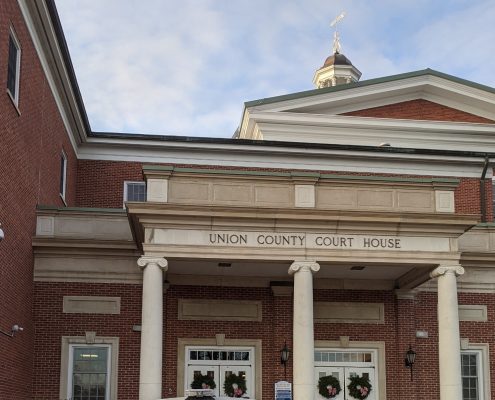Posts

Slander on Facebook
Libel/Slander
The new age of social media has made it possible to communicate with a broader audience than ever before. Thanks to Facebook, Twitter, Instagram, LinkedIn and many others, it is now possible for us to gather all of our professional and personal…

Retraction in Defamation Cases
Libel/Slander
One of the legal principles that is most familiar to the American public is that of defamation of character. Popularized through television, movies and some of the most sensational news stories covering legal events, libel and slander cases…

Time, Place and Manner Restrictions on the First Amendment
First Amendment, Lawsuit, Updates
In previous posts, we have discussed the importance of the First Amendment. We have also discussed that speech is not always just speech — it can also be conduct. Today, we are going to talk about legitimate government restrictions on the…

Harassment Charges in Berks County Dismissed – March 2020
Criminal Law, Litigation
Last month, Attorney Joel Ready obtained dismissal of harassment charges in Berks County. The charges had been filed against a defendant over an alleged dispute with an ex-girlfriend. After oral argument in front of a Berks County Magisterial…

Criminal Trial Attorneys in Berks County
Criminal Law, Litigation
If you are facing criminal charges in Berks County, Pennsylvania, you will find yourself facing several very important questions as you strategize how to handle your case. The chief among all these questions is whether you should go forward…

Attorney Crossett Represents Mail Carrier in Religious Liberty Case
Religious Freedom
At Cornerstone Law Firm, we believe the First Amendment defends each individual's right to live freely according to their deeply held conscience and faith.
In a recent religious liberty case, Attorney David Crossett represented a Lancaster…

News Release: Christian Mail Carrier Discharged for Not Delivering Packages on Sunday Asks Federal Court for Judgment
Religious Freedom
FOR IMMEDIATE RELEASEFebruary 17, 2020For interview requests or questions, contact: Dan Bartkowiak717-657-4990, dbart@indlawcenter.org
(LANCASTER, PA – February 17, 2020) On Friday, February 14, a United States Postal Service (USPS)…

Trial Attorney in Snyder County, Pennsylvania
Criminal Law, Litigation
If you’ve been charged with a crime in Snyder County, Pennsylvania, it’s important that you have aggressive legal representation. Criminal charges can change your life, and having an attorney prepared to take you to trial, if necessary,…

"I’ve been Charged with a Crime in Union County. What Now?"
Business Law, Contracts
If you’ve been charged with a crime in Union County, Pennsylvania and you’re wondering what happens next in the process, you’ve come to the right place. The responsibility of filing charges in Union County, Pennsylvania falls to local…

Oley Valley Students Settle First Amendment Lawsuit
First Amendment, Lawsuit, Updates
Every American has the right to free speech under the First Amendment. That's why Cornerstone Law Firm is glad to announce that our clients, three students in the Oley Valley School District, have had their voices heard in their recently settled…
